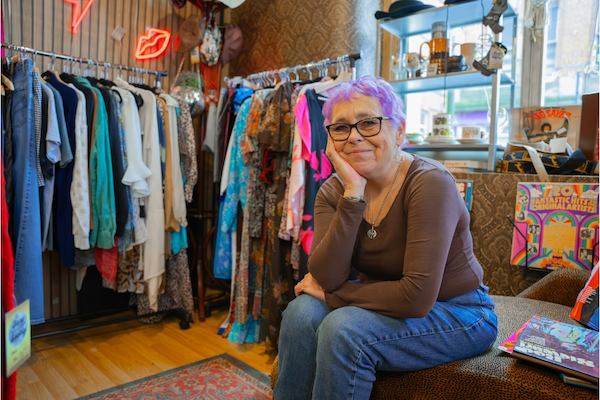I took part in the BBC One debate programme The Big Questions on Sunday alongside Lord Jonathan Sumption, who made it more than clear that he holds no such belief. Lord Sumption was adamant in his view that older lives, lives with fewer years left, were inherently of less value than younger ones.
I find this position deeply troubling. Lord Sumption gave an example along the lines that he would happily lay down his life for the life of his grandchildren. I have great sympathy with those feelings. Indeed, as a parent, I share them myself about my own children. But to transfer those feelings into an approach to State policymaking to determine which lives are worth more in the vast and complex context of a global pandemic is dangerous territory indeed.
The ethical choices for government here – where do you put your money and effort knowing that you can’t help everyone perfectly, that there will be some suffering – are utterly brutal. They’re straight out of a philosophy textbook; a set of choices all with bad outcomes.
To put the death of an 80-year-old woman against the education, job prospects and life chances of a younger person on a set of dispassionate scales and come out with an answer for what is worth more is impossible.
But to even begin to navigate our way sensibly through these impossible choices, I firmly believe you need to start from the ethical position every human life has equal value.
Sadly, however, Lord Sumption’s is not the only voice prepared to be openly and proudly ageist.
Lots of different groups are at higher risk of death and severe illness from COVID – older people, people with other health conditions, disabled people, obese people, south Asian people, Black people, poor people.
But when people start asking ‘is saving these lives a price worth us all paying’, it’s generally only age that people are prepared to use as the 'them' vs. 'us' dividing line. Somehow, we seem to find ‘othering’ older people like this and saying, out loud, ‘are these lives worth saving?’ an acceptable thing to say.
You hear the same discrimination in that phrase ‘it’s not just old people that die’, the tacit implication being that if it were just old people, we wouldn’t be so bothered.


